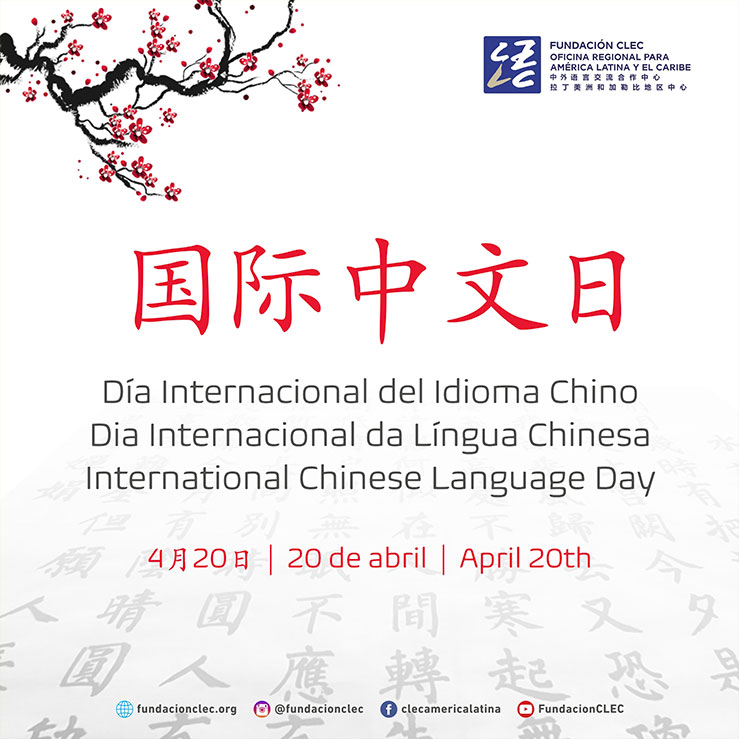Chinese Language Day at the United Nations

April 20, the day of Chinese Language Day at the United Nations, has a fascinating historical and cultural background that dates to the beginnings of Chinese civilization. This date was officially designated as Chinese Language Day at the United Nations on February 19, 2010.
The origin of this holiday lies in the legendary figure of Cangjie who, according to Chinese mythology, was the inventor of Chinese characters, a feat he accomplished after an arduous process of observation and reflection. Legend has it that, inspired by an unknown footprint and the intervention of the God of Heaven, Cangjie managed to capture the essential characteristics of objects in their characters, thus initiating a complete writing system. This historical event marked a milestone in human history by providing a systematic method of recording information and communicating through writing.
The Chinese language, with its rich history and cultural diversity, is one of the oldest languages in the world and has the largest number of native speakers. Its poetry, worldview, and symbolism have captivated people around the world, while its tonal complexity and numerous characters have posed a challenge to those who wish to learn it. However, mastering the Chinese language not only opens doors to new professional, economic, and academic opportunities, but also provides a deeper understanding of Chinese culture and society.
In an increasingly globalized world, learning Mandarin Chinese has become an invaluable skill, especially in the fields of international business, diplomacy, and global communication. Therefore, Chinese Language Day is not only an occasion to celebrate China’s linguistic and cultural richness, but also to reflect on the importance of preserving and promoting this ancient language in an international context.
For students or those interested in studying the Chinese language in Latin America and the Caribbean, Chinese Language Day is a special occasion to encourage them to embark on this exciting linguistic adventure. Learning Mandarin Chinese not only opens doors to new professional and academic opportunities, but also allows you to immerse yourself in an ancient culture full of richness and wisdom.

